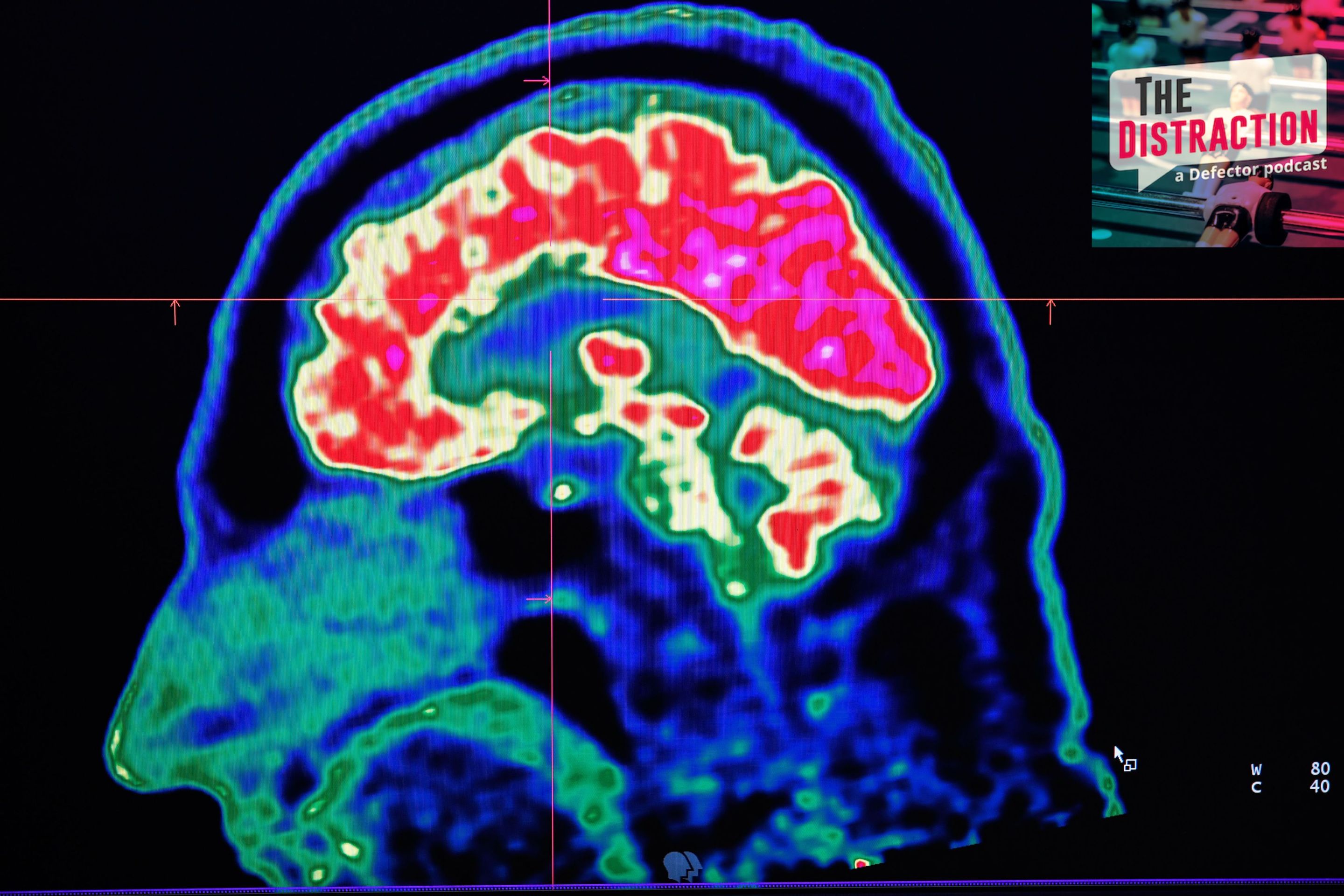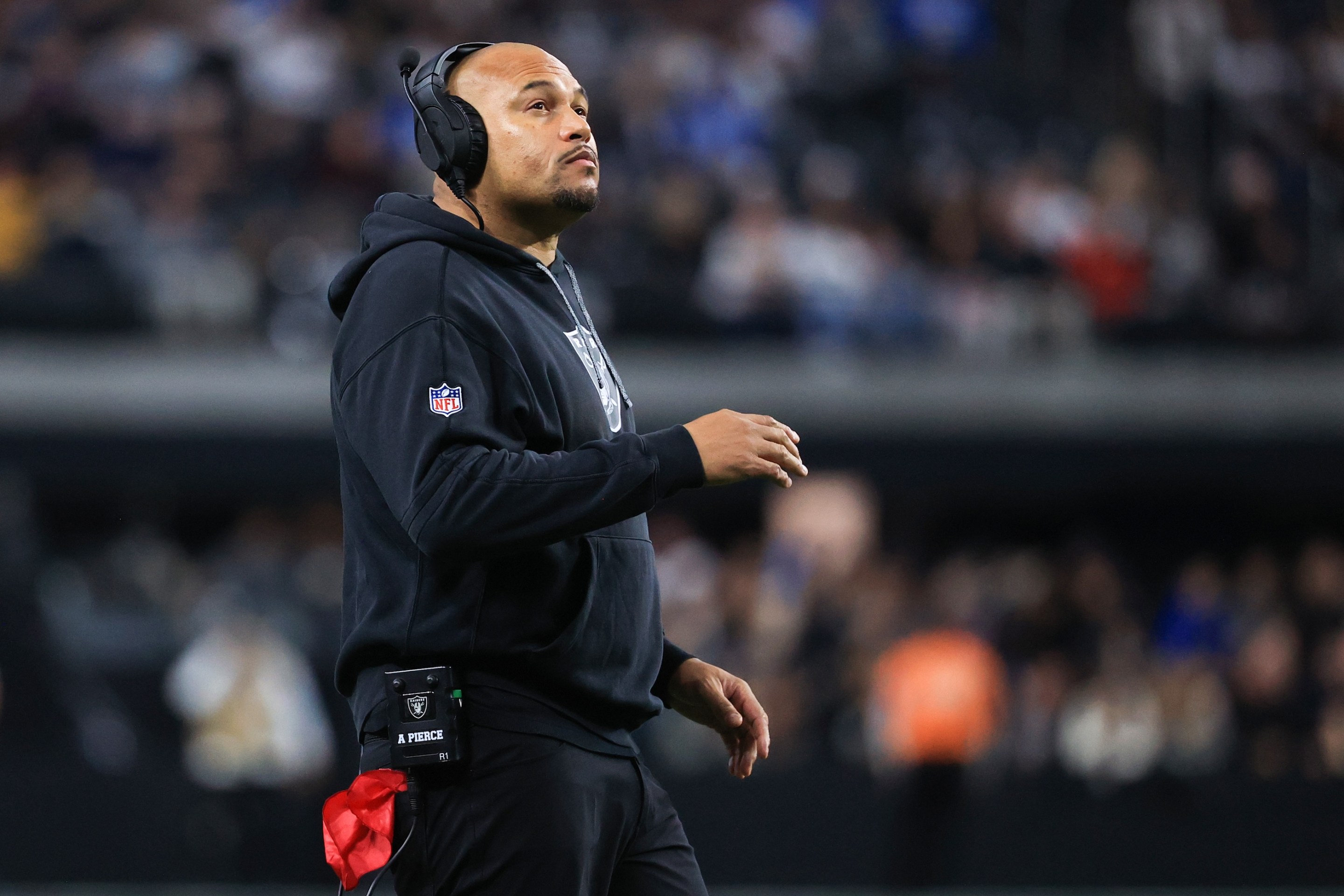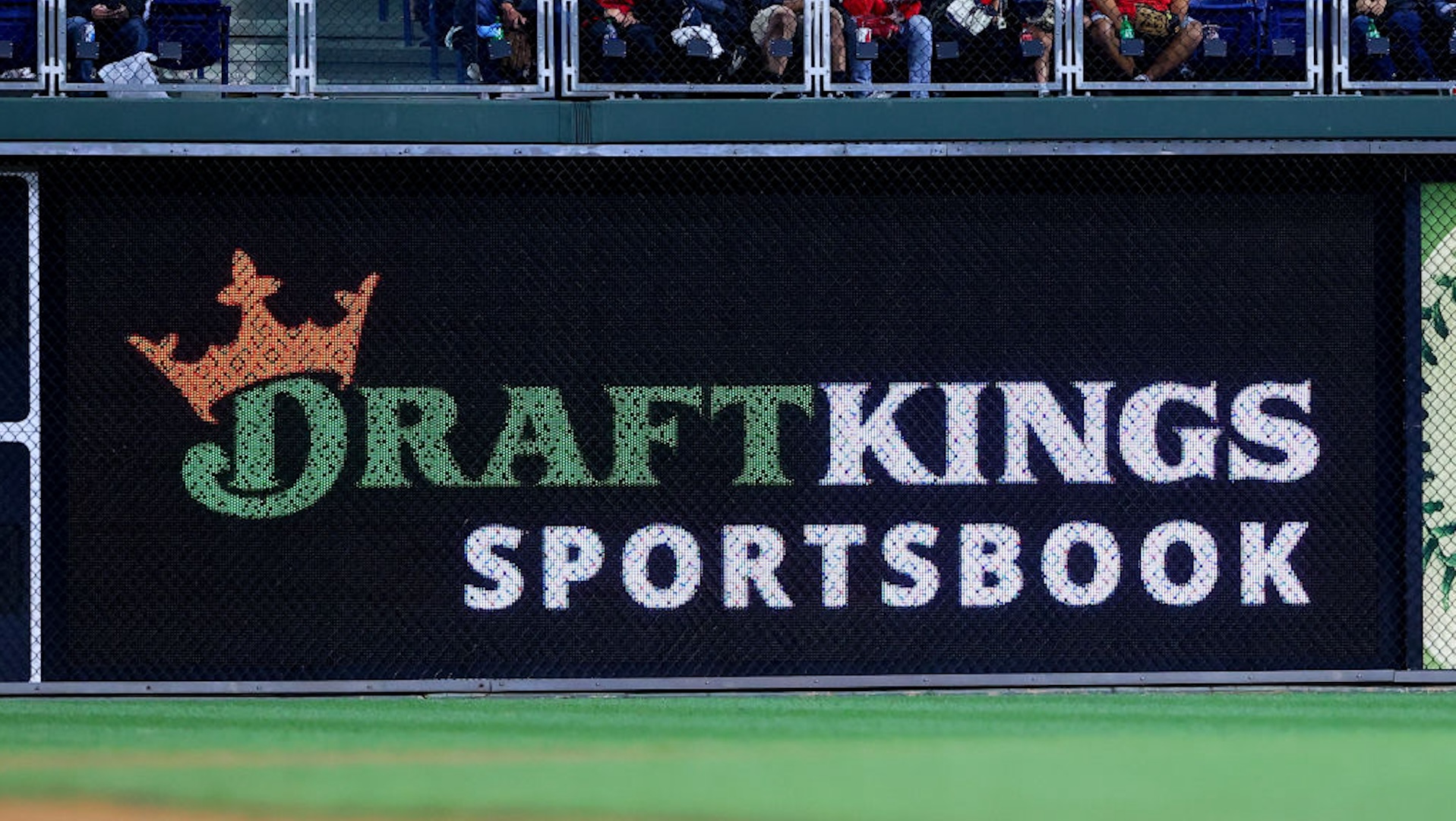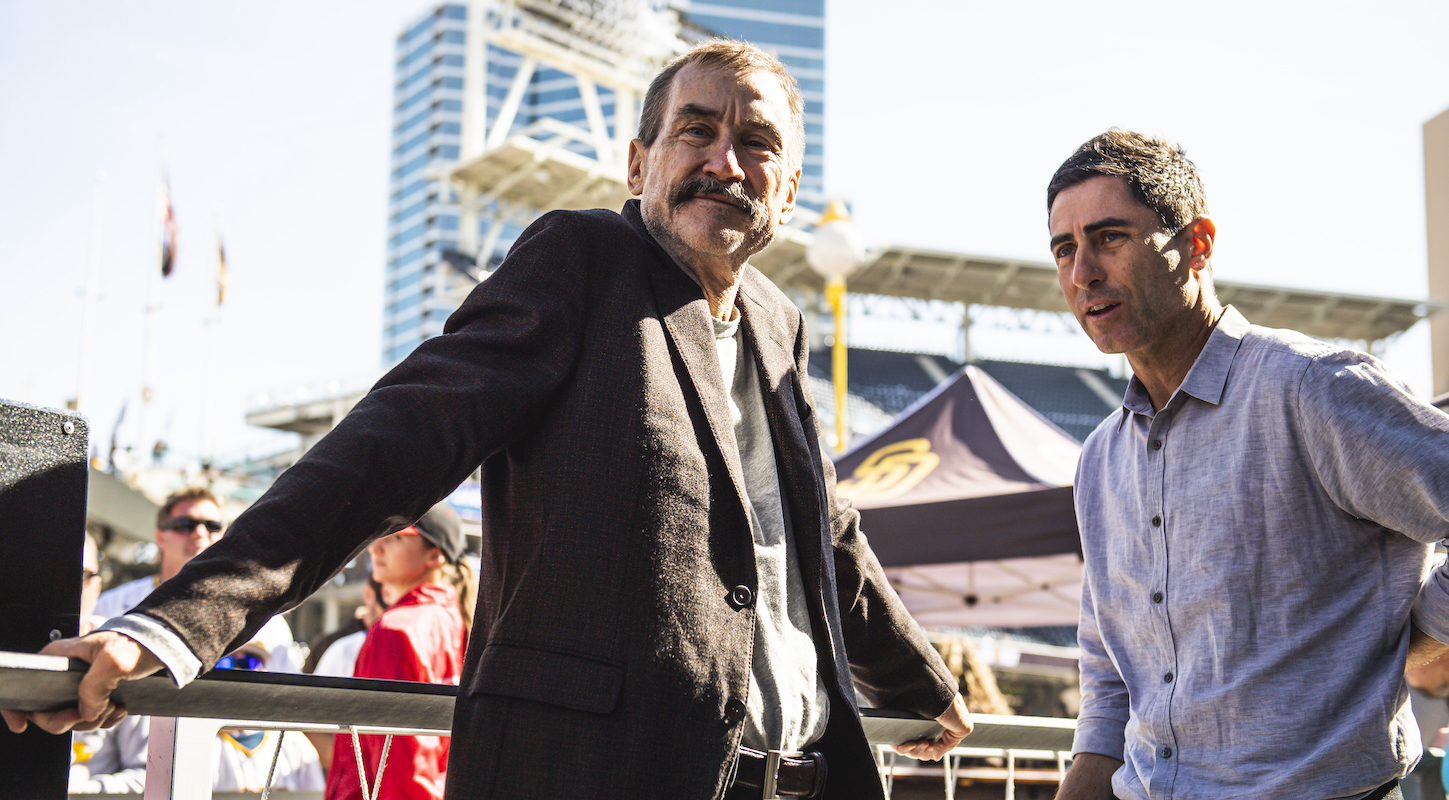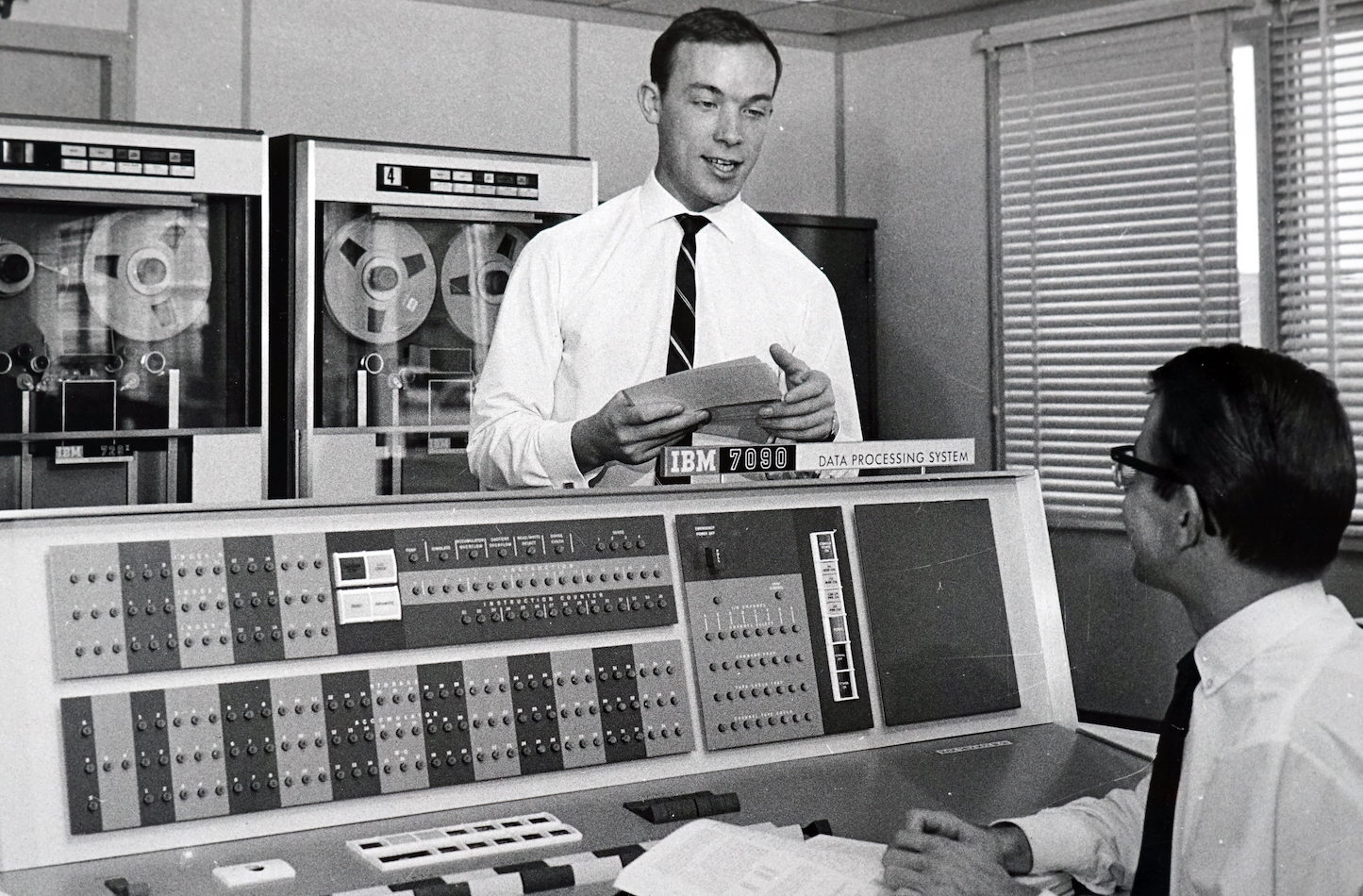When Drew decided to write a book about the time he very nearly died, he was only doing what came naturally. He is a writer and so he writes, but also as someone who has spent his professional life chasing and telling interesting stories, he could hardly have passed up the chance to write about the uncommonly terrible thing that had happened to him. It wasn't just a question of the work being part of his healing process, although now that I've read the book it absolutely seems like it was. It's that an authentically healed version of Drew would and could not have done anything else.
I'm biased, because Drew is my friend and co-host and because he is someone I love who came very close to dying, but I think his book, The Night The Lights Went Out, is absolutely great. Even as someone who was in some sense there for a lot of this story and had heard a lot of it after the fact, there was a great deal in the book that I found genuinely startling and harrowing. It is one thing, and not an inconsequential one, to know that you randomly, suddenly, came very close to losing a dear friend. It is quite another to know what all that was actually like for that friend. So, fair warning: The first two-thirds of this podcast is about all of that heavy stuff, in the form of a very emotional conversation that wound up focusing on the many ways our brains can and do fuck things up for us.
Do things take a turn after Drew and I told each other how much we appreciate and value our relationship? Yeah, obviously, because this is not (explicitly) a podcast about healthy and supportive male friendship. It's (intermittently) a podcast about sports, baby, and this happened to be a week full of dreary and preposterous sports incidents. This is not intended as a brag at all, but I feel like we're as qualified as any podcast to yank the emergency brake and pull a squealing 180 from "Life is a confounding and terrifying mystery, and I don't know how to be good" to a frank examination of how Jon Gruden fits into the broader culture of piggish unaccountability in the NFL. The secret to pulling this kind of thing off? My friend, it is as simple as being able to get equally upset by and about very different stuff.
Under ordinary circumstances, that sort of thing would not really qualify as a skill, and would instead probably be filed under "personal issues." But podcasting is different. There are few other lines of work in which it would be part of the job description to periodically have a searching conversation with your good friend about how to be kind and then put it up on the internet where people can hear it. We are all lucky to have Drew around, honking and emoting and writing books that only he could write, and I am grateful to have been able to tell him so. Next week, of course, I will treat him much more rudely.
If you would like to subscribe to The Distraction, you can do that at Stitcher, or through Apple Podcasts, Spotify, or wherever else you might get your podcasts. If you’d like to listen to an ad-free version of the podcast, you can do so on Stitcher Premium; a free month of Stitcher Premium can be yours if you use the promotional code “DISTRACT.” Thank you as always for your support.
